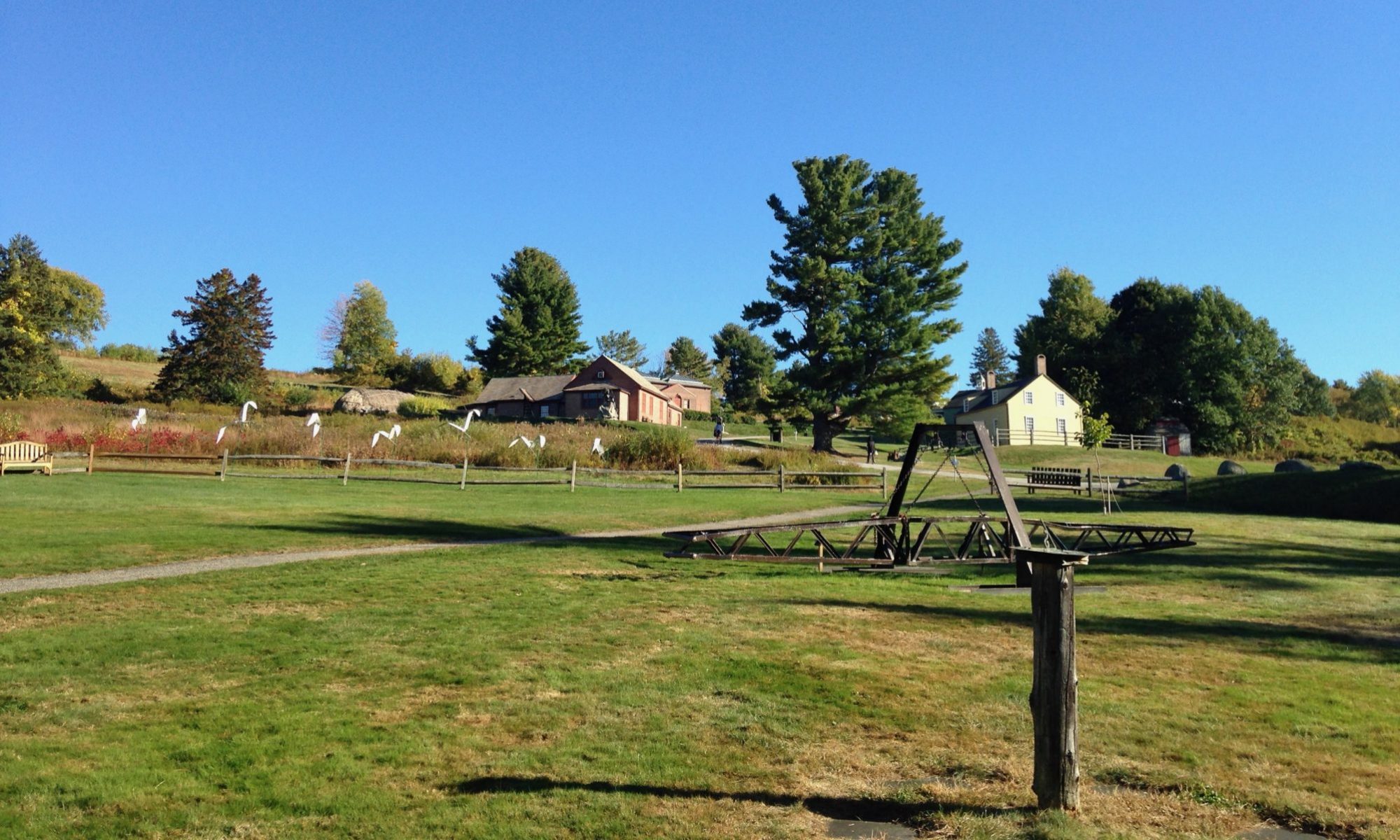I was at first unsure of the question, but now that I know it’s about the online community in our COPLAC class, I have to say that for me, personally, I think that, although we don’t meet personally and in a real classroom, the class still functions just as a regular class would. I like that we can annotate on the online articles and see each others thoughts about the subject and the readings.
Because the class started a few weeks ago, I think that I haven’t been able to connect our community to the community that Rheingold spoke of. Perhaps in a few weeks, I will feel that there are more similarities and I will be able to see any problems that are close to the same in The Virtual Community.
Until then, I would say that our community is successful in that we are all working towards the same goal.
However, I will say that I hadn’t ever really connected with the other classmates until Monday, when we had a group breakout session where we got to really talk to each other. I got to talk with Dana and Savannah and that was the first time that I thought, “Hey, they’re students just like me.”
After that, I think the online community within the class has become more personal to me. Suddenly, the other students in the class are people that I can interact with and talk to, and that has made the online community more of a community.
It’s interesting when you see people for two days of every week. It’s even more interesting when you actually start talking to those people, when you actually bond over the project at hand, over the readings and discussion.
I think the online community is slowly building – but I also think the community in COPLAC is getting closer each week. I’m looking forward to talking more with the students involved and building on the relationship that has been created.
-Lane
